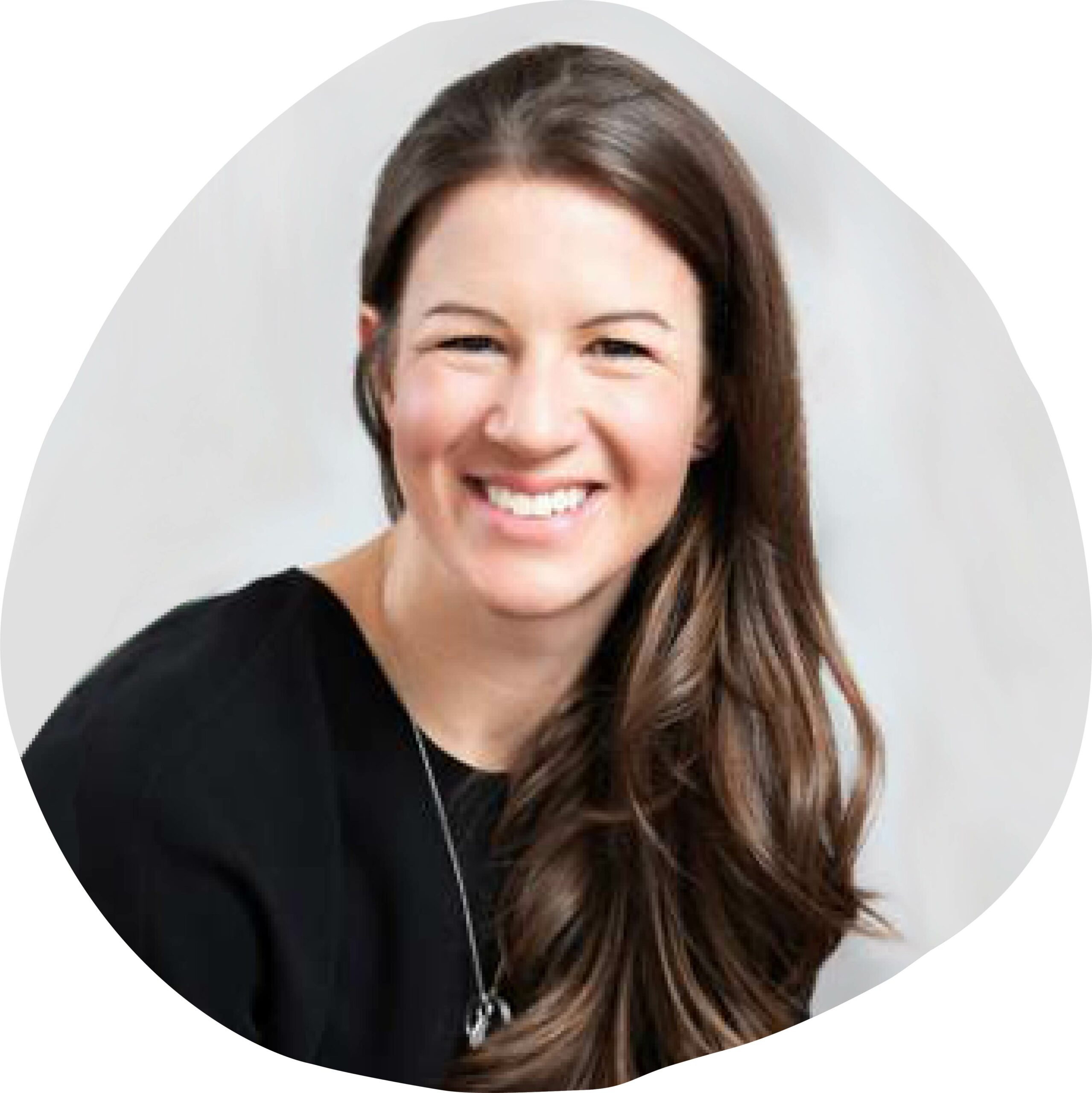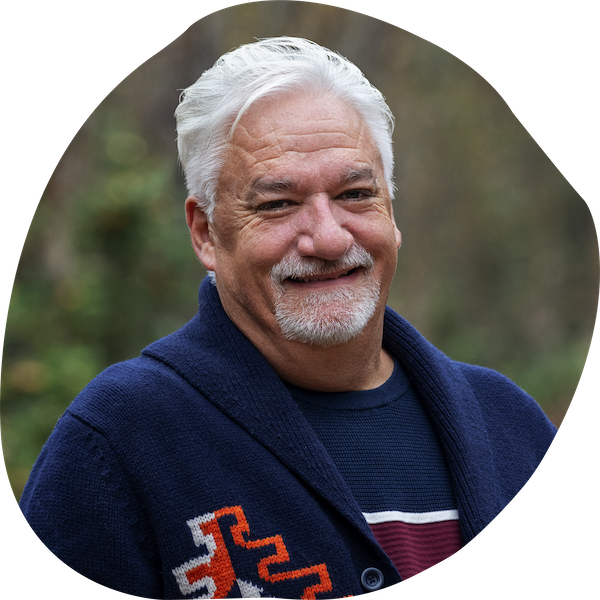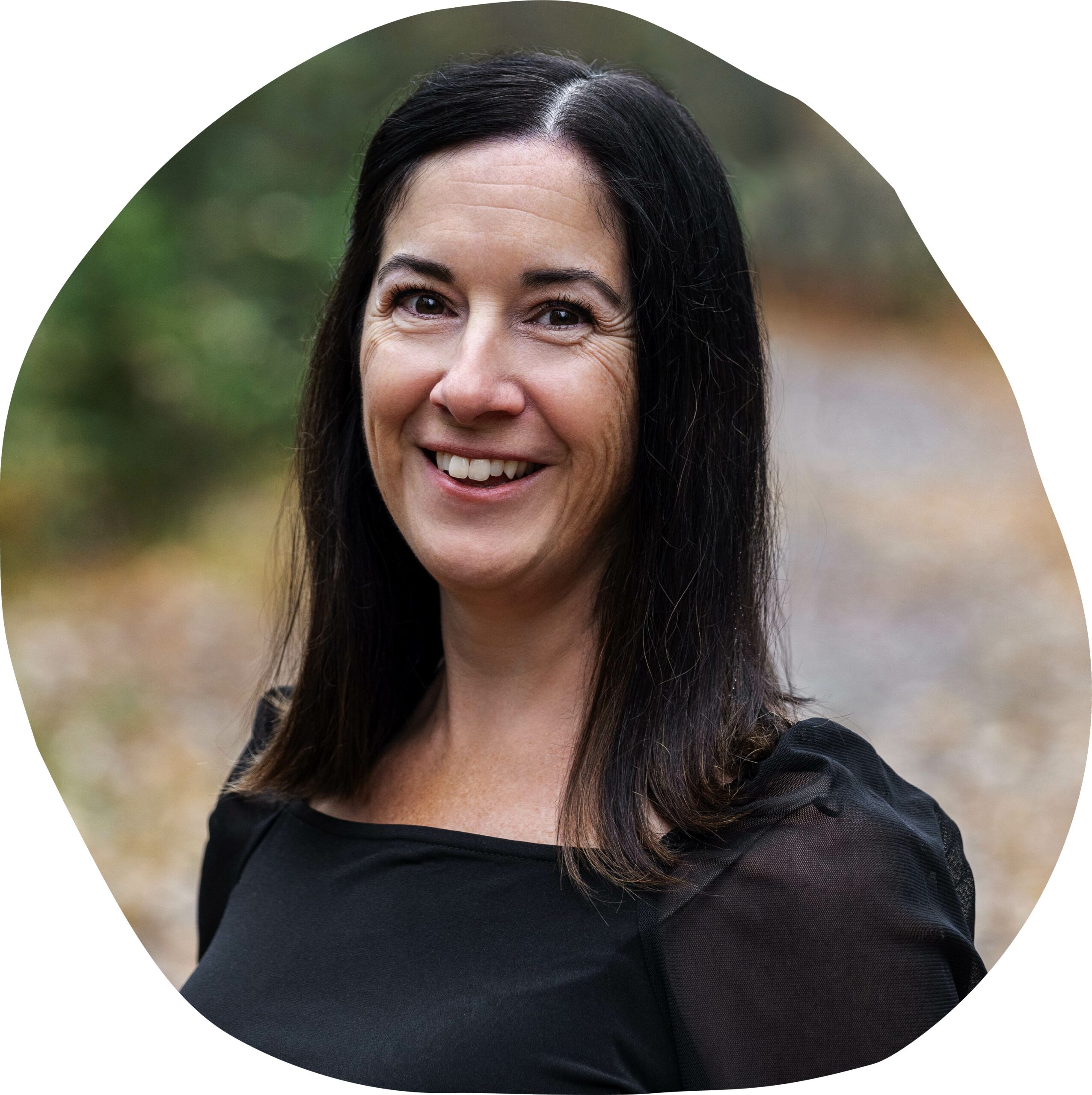
Angel Oostenbrink
(She/Her/Hers)
Consultant, Workforce and Indigenous Inclusion
Angel Oostenbrink
(She/Her/Hers)
Consultant, Workforce and Indigenous Inclusion
What Reconciliation means to Angel: Anti-violence and decolonizing Western/colonial ways of thinking and doing.
About Angel: Angel is a proud citizen of the Métis Nation of Alberta and a proud Black woman. Finding out she is of Métis heritage in high school, Angel became passionate about people-centric approaches that focus on bringing justice to Indigenous and Black communities and dismantling systems and processes that are harmful to others. Angel holds a Bachelor of Arts in Sociology from Mount Royal University and a Master’s in Industrial Relations from Queens University. Angel’s love of supporting and uplifting women has led her to become the Director of People at Ask Her YYC, a nonprofit organization that advances inclusive and equitable representation by preparing women of diverse backgrounds to engage in municipal politics. Angel prides herself as a lifelong learner and collaborator and is continually unlearning and relearning as it relates to diversity, equity and inclusion.

Annie Korver
(She/Her/Hers)
Founder and Principal
Annie Korver
(She/Her/Hers)
Founder and Principal
What Reconciliation means to Annie: Respectful relationships that support Truth, connection and healing.
About Annie: Annie is a purpose-driven entrepreneur and member of the Métis Nation, dedicated to enriching relationships between Indigenous and corporate communities. Inspired by Reconciliation in Canada and her own Métis ancestry, Annie founded Rise in 2013 to respond to the call to Reconciliation and advance Indigenous inclusion with a focus on economic development. Annie holds a Master of Business Administration from the University of Calgary, and she is proud to serve as a Director on numerous boards including the Canadian Council of Aboriginal Business and Canadian Business for Social Responsibility. Bringing together Indigenous and corporate communities to create shared value, Annie champions a values-based approach to strategic inclusion. She creates undisputed space for her clients to realize their vision and establish inclusive relationships, advancing Reconciliation, the creation of value and impactful outcomes.

Dean Schroeder
(He/Him/His)
Partner and EVP – Reconciliation, Inclusion and Strategy
Dean Schroeder
(He/Him/His)
Partner and EVP – Reconciliation, Inclusion and Strategy
What Reconciliation means to Dean: Reconciliation supported by strong diversity, equity and inclusion awareness is an opportunity to bring communities together through knowledge sharing and understanding to remove barriers and strengthen relationships.
About Dean: Dean is a proud citizen of the Métis Nation of Alberta, building a renewed relationship with Indigenous Peoples based on the recognition of rights, respect and partnership to collaboratively work on different paths toward Reconciliation. His experience as a Senior Human Resource (“HR”) Executive encompasses over three decades of senior leadership and management experience in private and public sectors including not-for-profit service organizations, energy, finance and insurance.
Dean leads with the belief that Reconciliation embedded with diversity and inclusion is an opportunity to bring communities together through knowledge sharing and understanding in order to remove barriers in order to strengthen the relationship between cultures. He has experience in workforce management and planning, performance management, change management and policy building and his passion is providing HR solutions and strengthening the link between people and strategy by helping clients build their HR infrastructure.

Dolly Hussey
(She/Her/Hers)
Consultant – Workforce and Operations
Dolly Hussey
(She/Her/Hers)
Consultant – Workforce and Operations
What Reconciliation means to Dolly: Reconciliation is having an open heart and an open mind with the intention to listen, to learn and to build lasting relationships through diversity, equity, inclusion and accessibility.
About Dolly: Dolly brings kindness and compassion to all she does, along with a keen eye for detail and a love for research and writing. She’s worked in the insurance industry, local government and post-secondary institutions in Human Resource Consulting, public education and communications. She holds a Bachelor’s degree in Geography (BA) and a Master’s degree in adult education and online learning (MCE) through the University of Calgary.
Dolly is a non-Indigenous team member at Rise, situated with her family on Treaty 7 and the Traditional Territories of the Blackfoot Confederacy (the Siksika, Piikani, and Kainai First Nations), the Tsuut’ina First Nation, and the Stoney Nakoda (the Chiniki, Bearspaw, and Goodstoney First Nations) and the Calgary Elbow Métis District.

Hayley Roulstone
(She/Her/Hers)
Consultant – Research and Reconciliation
Hayley Roulstone
(She/Her/Hers)
Consultant – Research and Reconciliation
What Reconciliation means to Hayley: Reconciliation means respect, recognition and continual unlearning.
About Hayley: Hayley is a non-status First Nations team member at Rise, situated on the unceded traditional territories of the xʷməθkʷəy̓əm (Musqueam), Sḵwx̱wú7mesh (Squamish), and səlilwətaɬ (Tsleil-Waututh) Nations. She holds a Bachelor’s degree in Geography and International Development and a Master’s degree in Environment, Development, and Policy through the University of Sussex. As a Consultant – Research and Reconciliation, Hayley applies her expertise and passion for inclusive and sustainable approaches to Reconciliation action planning. As a former Policy Analyst, she showcased a commitment to Indigenous sustainability initiatives, securing funding and leading research projects. Hayley excels in community engagement, communication, and policy analysis reflecting her dedication to continuous learning and making a positive impact. She is passionate about facilitating opportunities for Indigenous inclusion and creating spaces for knowledge sharing, as a means to reconcile and dismantle oppressive colonial systems.

Najah Al-Atassi
(She/Her/Hers)
Sr. Consultant – Supply Chain and ESG
Najah Al-Atassi
(She/Her/Hers)
Sr. Consultant – Supply Chain and ESG
What Reconciliation means to Najah: Living my Canadian dream as an immigrant does not come at the expense of the quality of life for Indigenous Peoples.
About Najah: Najah is passionate about finding common ground where everyone can prosper. She believes that good business that respects people and resources can provide abundant opportunities for all. Najah has over ten years of experience working in the supply chain in both the public and private sectors across multiple industries. Najah completed her MBA in 2021 where she focused on data analysis and sustainability. She is a Project Management Professional and Certified Supply Chain Professional. Najah was born and raised in Syria. In her early twenties, she moved to Canada and studied economics with a minor in computer science at the University of Calgary. She knows firsthand the effect that conflicts, and poverty have on societies, and she believes that we all have a responsibility to improve the lives of our fellow humans and supply chain is a great instrument to offer fair business opportunities for all.

Patti Derbyshire
(She/Her/Hers)
Sr. Consultant – Research, Learning and Equity Systems
Patti Derbyshire
(She/Her/Hers)
Sr. Consultant – Research, Learning and Equity Systems
What Reconciliation means to Patti: The People are my direct report. As such, I express gratitude to be in kinship with Siksikess’tsuhkoom (Blackfoot Lands) and to be contributing to the resurgence of Siksikaitsitapii, Cree, Algonquin and Toisnot Skaru:re values, language, knowledge, and ceremony in the communities where I have been invited to do so. I am humbled by the Aawaahskataikiksi, ceremonialists, scholars, peers, and friends who have shared nitsitapissini, teachings, and guidance, for close to 30 years. I was taught to share what I know, to be generous intellectually, physically, spiritually, and emotionally. Fulfilling my obligations includes working with reciprocity and commitment to Indigenous futurity.
About Patti: Patti is a non-Indigenous team member at Rise, situated on the unceded traditional territories of the Coast Salish Peoples of the qiqéyt (Qaygayt) and kʷikʷəƛ̓əm (Kwikwetlem) First Nations, and alongside the North Fraser Métis community. Patti joins Rise with 25 years of experience as an educator and working with and for Indigenous communities, organizations, and programs. She works from a place of unsettling colonial memory while following the guidance and local ethics of Indigenous communities where she is called to do so.
She completed a Master of Education (M.Ed) at the University of British Columbia where she studied human ecology and the impact of land kinship on the restoration of family integrity. She earned a Master of Arts (MA) in Peace & Conflict Studies from Royal Roads University, working with educators and Muslim, Sinhalese, and Tamil youth on adolescent peace circles during the war in Sri Lanka.
